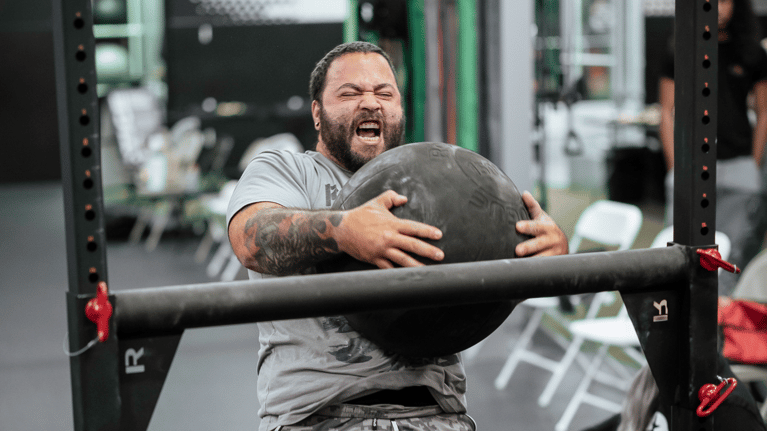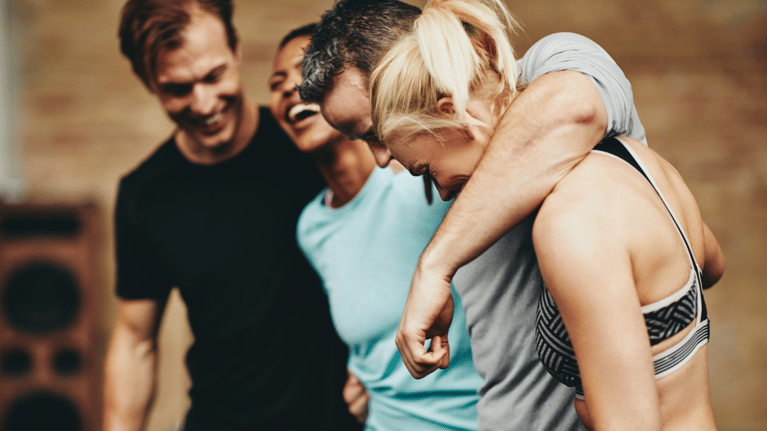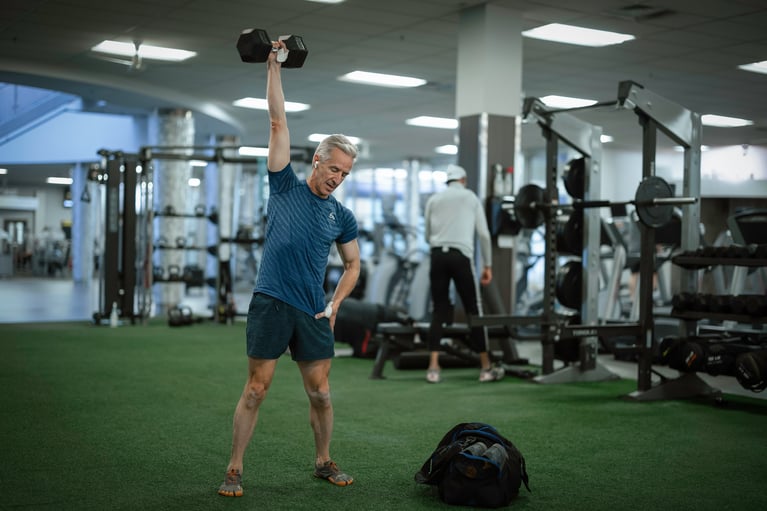
It is well known that a consistent exercise routine can strengthen many facets of your physical health, including muscular strength, cardiovascular fitness, and markers of "good health" like blood pressure and cholesterol. While physical health is crucial to living a fulfilled and enriched life, we cannot ignore mental health's important role in improving one's day-to-day life. But can you use exercise to strengthen your mental health?
Exercise Can Make You Feel Good
The benefits of physical exercise can extend to mental health through various physiological and social mechanisms. Have you ever walked into the gym dreading your workout, but by the time you're finished, you feel like you can conquer the world? Exercise stimulates the release of several hormones both during and after exercise, known as "feel-good hormones," that make your body and brain feel good.
- Adrenaline and noradrenaline (also called epinephrine and norepinephrine) are released by the adrenal glands during exercise as an acute response to stress1 (in this case, mechanical stress or exercise.) This release can make you feel more powerful and is commonly called an "adrenaline rush."
- When released during a particular activity, dopamine, a chemical associated with the pleasure and reward centers of the brain, can create a positive association with that activity.2
- Serotonin is also released during exercise, and when in the brain, it helps to elevate your mood.3
- Endorphins released by the pituitary gland and hypothalamus in the brain are a natural pain reliever that helps you feel good physically.4
- Endocannabinoids are neurotransmitters released during exercise that can cross the blood-brain barrier and help contribute to feelings of pleasure and euphoria.5
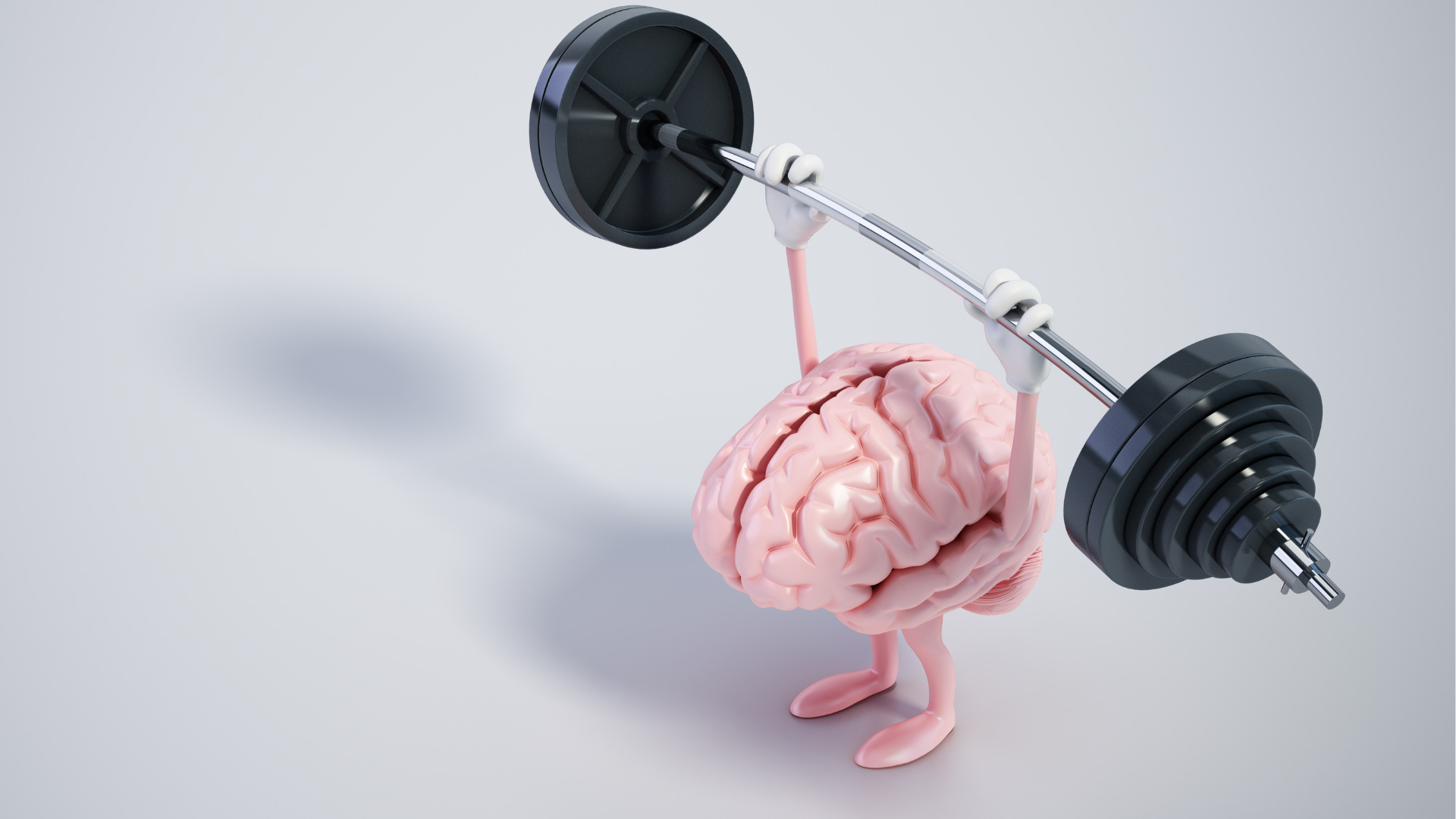
The release of all these chemicals during and after exercise can help reduce symptoms of stress, depression, and anxiety because of their feel-good effects on the body and the brain. In addition to alleviating these symptoms, completing a workout gives a sense of accomplishment and confidence in our ability to do something, which can improve our self-esteem.
Improved Mood, Stress Levels, and Sleep Can All Impact Mental Health
With an improved mood and positive attitude, other aspects of your health may fall in line. For example, sleep disturbances can sometimes be attributed to stressful thoughts or situations. And if you're experiencing sleep disturbances, sleep becomes another source of stress – stressing about not being able to sleep becomes a vicious cycle that prolongs the issue of not sleeping well. When stress is managed by exercise, stress-related thoughts can diminish and thus indirectly improve sleep quality. Exercise has also been shown to delay "sleep onset," or the time it takes to fall asleep and decrease the time spent awake at night.6
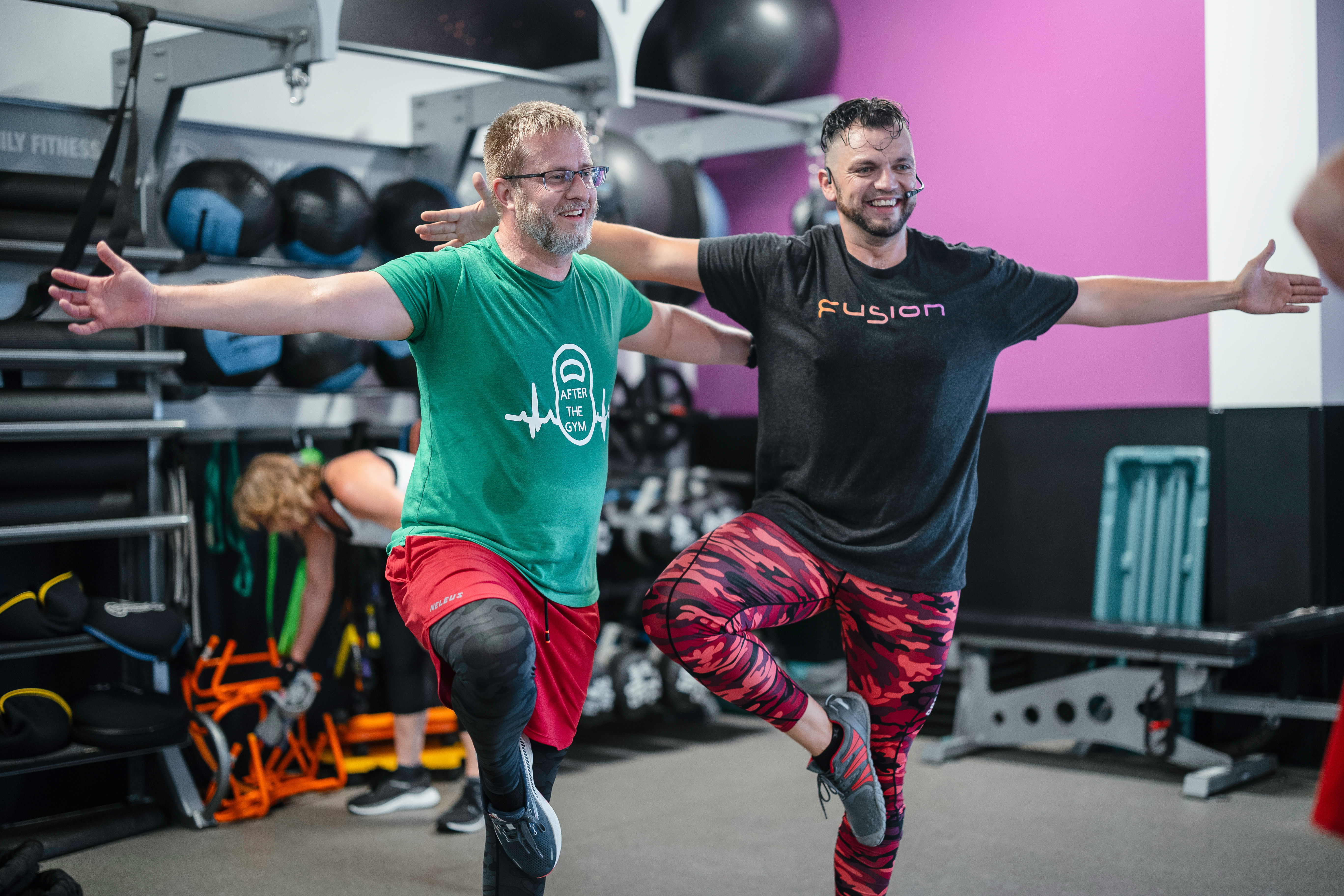
Boost These Positive Impacts Even More
It's clear how exercise can impact our mental health in an individual capacity, but there is another way that you can use exercise to boost these effects: exercising with others! Social interaction is key in improving mood and cognitive function, reducing feelings of loneliness and isolation. So, if you're looking for an easy way to boost all the mental health benefits of exercise, consider taking a Group Fitness class, participating in one of our sports leagues, or working with a Personal Trainer.
How To Make These Impacts Last
While the mental health benefits of exercise can be felt almost right away, these impacts aren't the result of a "one-and-done" type of relationship – you've got to continue exercising and make it a part of your routine to make these impacts last. We recommend taking it daily, week by week, and so on, and tracking how you feel physically and mentally after each workout to notice trends in your mental health.
Remember that the type, intensity, duration, and frequency of exercise and the abovementioned impacts of exercise can vary from person to person, and overdoing exercise can lead to adverse physical impacts and burnout. Choosing activities that you enjoy will make exercise a sustainable part of your routine, and finding something you love can enhance the mental health benefits of working out - whether walking, jogging, dancing, weightlifting, or any other form of physical activity. Always consult your physician before beginning a new exercise routine, especially if you have any underlying health conditions.
Note: While exercise can be beneficial for mental health, it is not a substitute for treatment by a licensed mental health professional. If you or someone you know is experiencing a mental health issue, please consult a physician or a licensed mental health professional for further evaluation and proper treatment.
- “Catecholamines.” Essentials of Strength and Conditioning 4th Edition with Web Resources. June 2017. https://www.nsca.com/education/articles/kinetic-select/catecholamines/
3. Young, Simon N. “How to increase serotonin in the human brain without drugs.” Journal of Psychiatry and Neuroscience, 2007 Nov; 32(6): 394–399. PMCID: PMC2077351
4. “Endorphins: The Brain’s Natural Pain Reliever.” Harvard Health Publishing, Harvard Medical School, 2021 July 20. https://www.health.harvard.edu/mind-and-mood/endorphins-the-brains-natural-pain-reliever
5. Siebers, Michael, Sarah V. Biedermann, and Johannes Fuss. “Do Endocannabinoids Cause the Runner’s High? Evidence and Open Questions. The Neuroscientist, 2023 Jun; 29(3): 352–369. PMCID: PMC10159215
6. Pacheco, Danielle and Singh, Dr. Abhinav. Exercise and Sleep. Sleep Foundation, 11 October 2023. https://www.sleepfoundation.org/physical-activity/exercise-and-sleep
Article contributed by amfamfit


